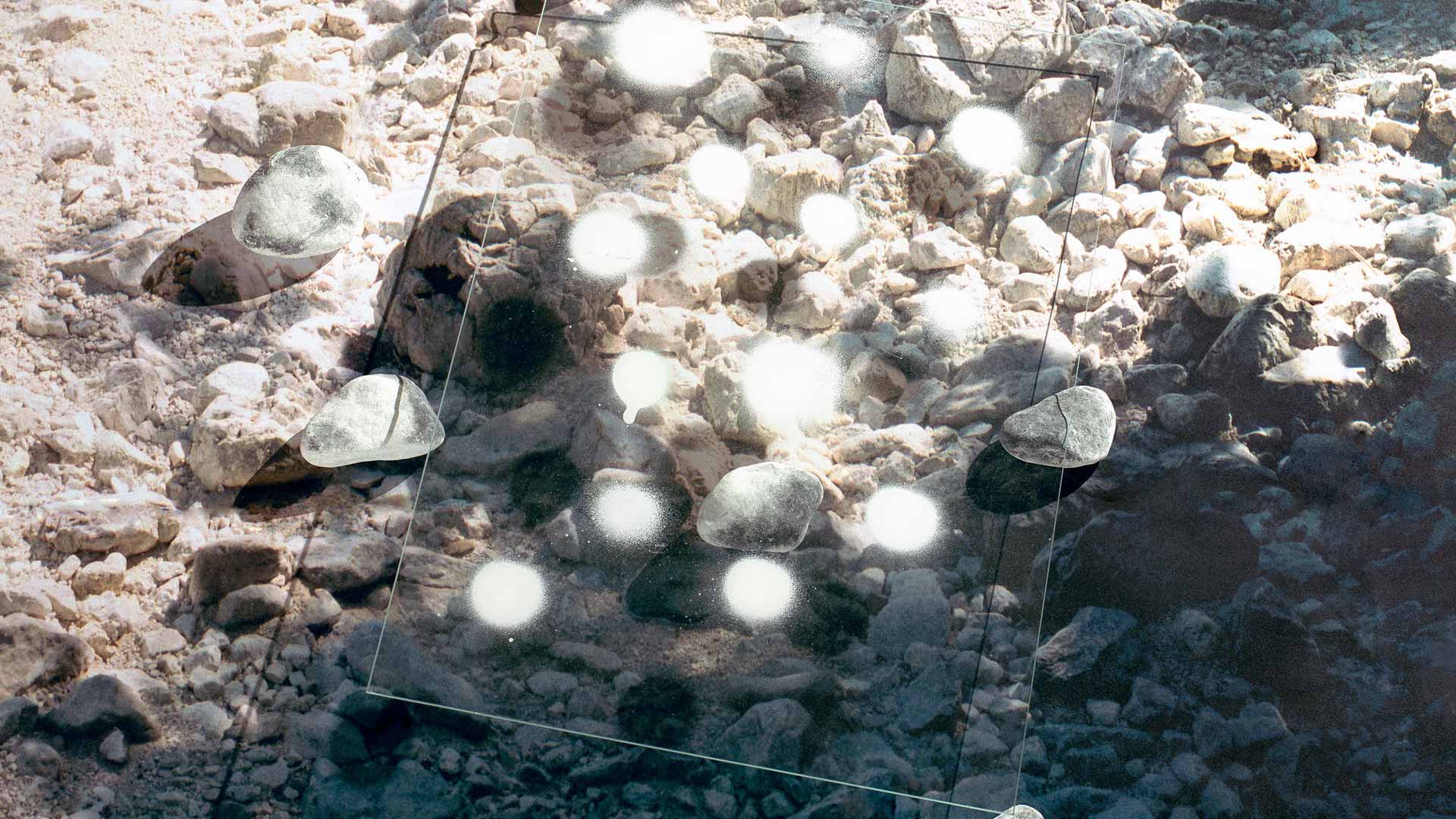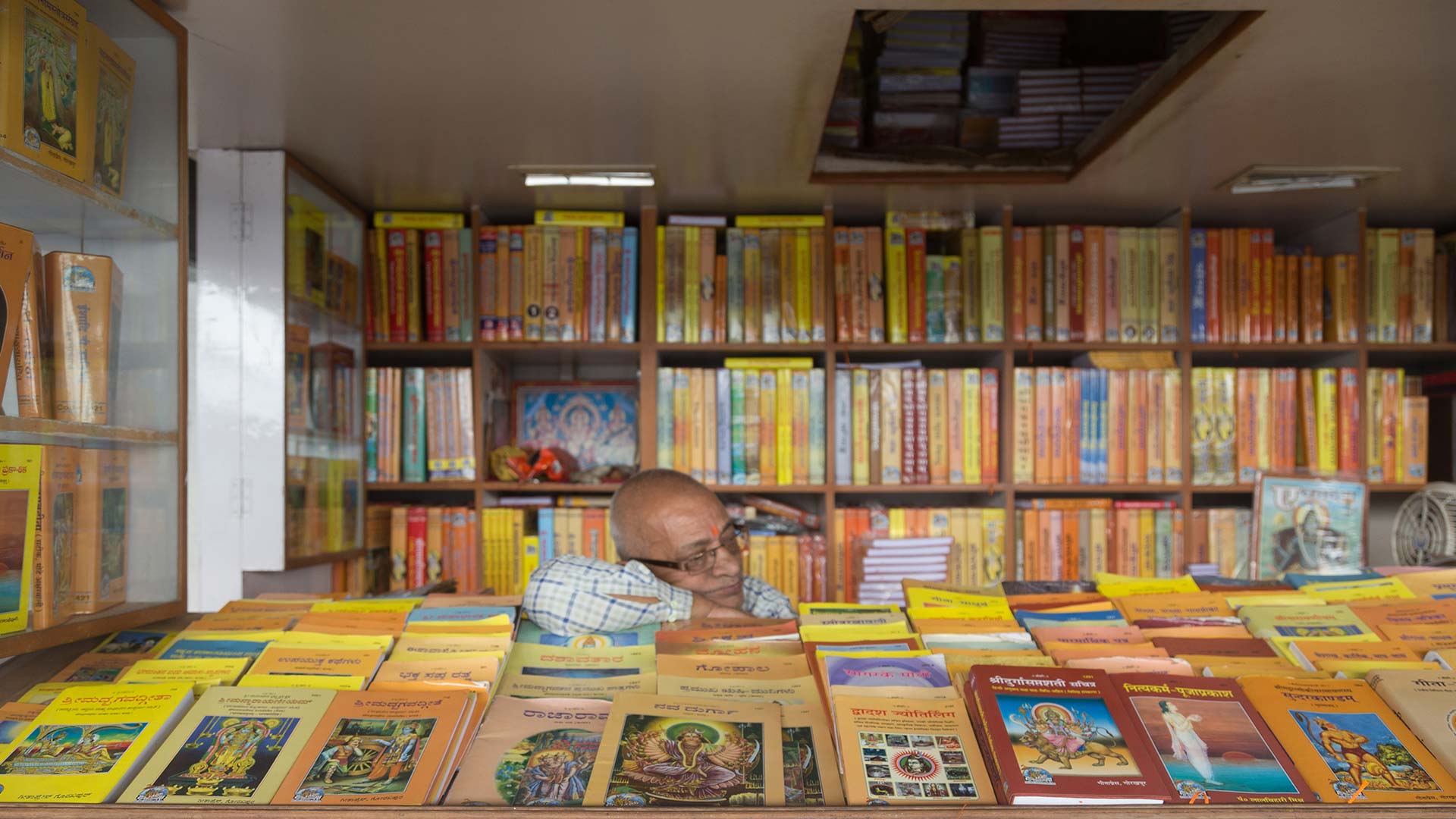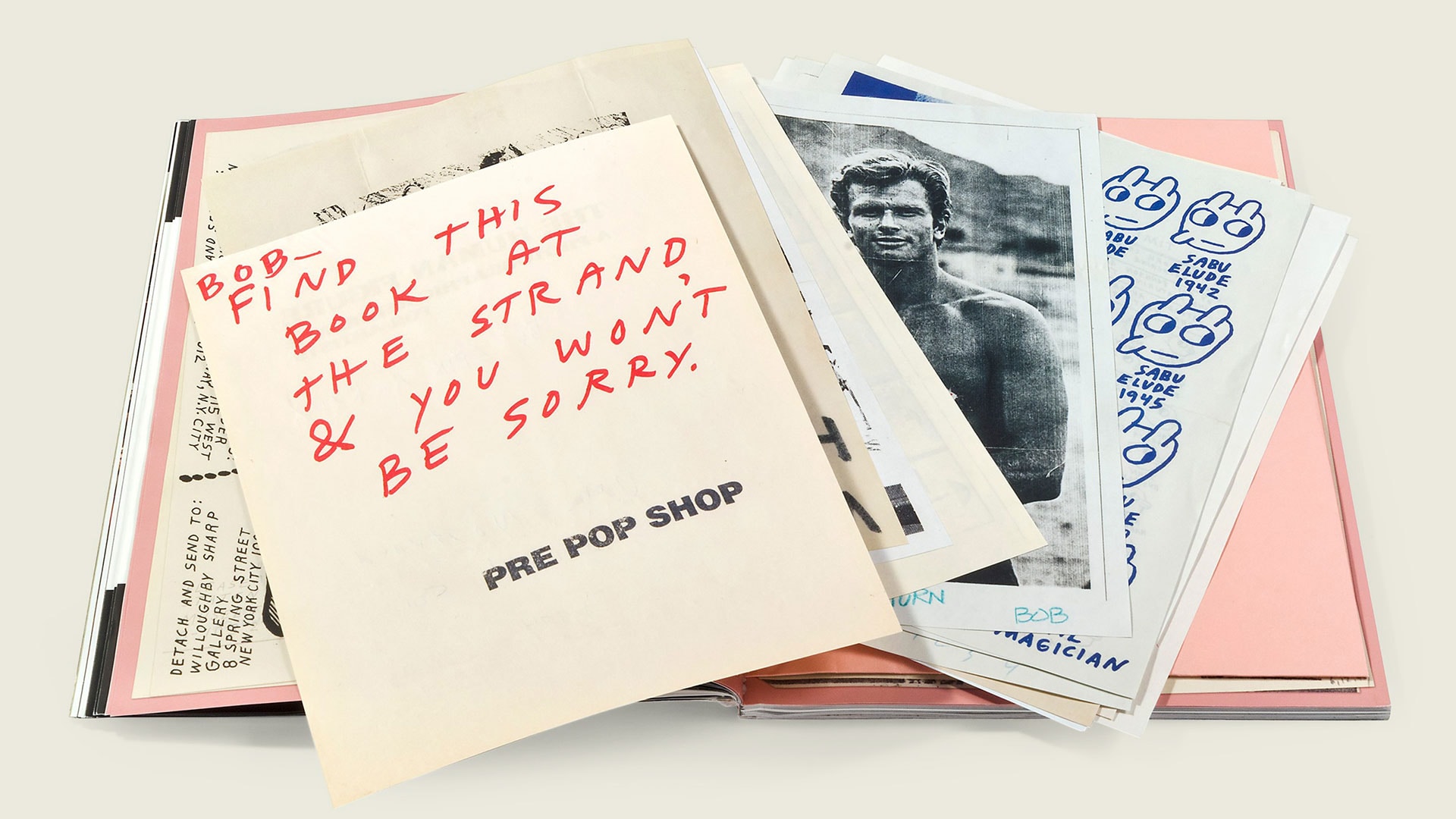There was a time when most middle-class intellectuals were leftists, if not always card-carrying Communists, and packed a tin of cigarettes and a dog-eared copy of The Wretched of the Earth in the outer pockets of their jackets. In the seaside city of Karachi, such treatises could be found on the shelves of Thomas & Thomas, a bookshop in Saddar, a neighborhood in the center of town. Once upon a time (according to Arif Hasan, an architect and chronicler of the city), Saddar boasted “17 bars and billiard rooms, four music and dance schools, 18 bookshops, two clubs for sailors, five discothèques … and the city as a whole had 119 cinemas and numerous cabarets, of which six also had striptease shows.” After the prohibition of liquor in the late 1970s, however, many of these places shut down, and as the city expanded dramatically, the bookshop was relegated to the periphery. Today, Thomas & Thomas is wedged between shops peddling flat-screen televisions and auto-defrost refrigerators. Thomas & Thomas was acquired from a “Britisher” by the father of the present proprietor—a tall, tidy, bespectacled gentleman known to me as Younus Sahab—around 1947. The subcontinent had wrested states out of the grip of the colonial enterprise then; Indonesia would kick out the Dutch soon after. In time, Ahmed ben Bella would take up arms against the French in Algeria, and Nasser would nationalize the Suez Canal. It was a hopeful juncture in the twentieth century—the world was reorganizing itself. It seemed to many that the People’s Revolution was around the corner. Although my grandfather and his brothers were leftists (including, even, the odd card-carrying Communist), my father had other concerns: he read and taught literature and frequented Thomas & Thomas more for Dostoevsky and Tolstoy than Marx and Engels. “It wasn’t,” he told me, “the largest bookshop in the city”—there was Pak American, Paradise, Liberty—but it “carried a high-quality” selection. “F. R. Leavis was in fashion,” he said. “You don’t even know Leavis.” I didn’t know Leavis. Apparently, Leavis was a British literary critic, once known for his close, serious-minded textual analysis à la the New Criticism. But New Criticism is no longer new. Toward the end of his career, Leavis became increasingly vainglorious and paranoid. Perhaps he was contending with mortality as we all do, fearful that he would be forgotten. Or perhaps like me, like Younus Sahab, he was apprehensive of the diminishing resonance of literature in this distracted age. “Children don’t read anymore,” Younus Sahab once said. “It is once in a blue moon that a father walks in with his son." *** One sultry, idle afternoon after the publication of my debut novel, six or seven years ago, I decided to swing by Thomas & Thomas in the vague hope of finding inspiration. Negotiating the shabby streets of Saddar, I searched for the sign among billboards festooned by tangled electric wires. Past an Art Deco apartment block with rounded balconies, I happened upon the set of teak doors that led to the narrow, windowless confines of Thomas & Thomas. I thought it had the ambience of a mountain cabin. The literature section was limited—I came across Middlemarch and late Naipaul, Half a Life if I remember correctly, neither of which I could hack. There were several local travel guides dating back to the fall of the Berlin Wall, tomes on history—I recall Toynbee’s twelve-volume Study of History—and a copy of Das Kapital translated into Urdu. Although there were some “quality” Urdu literary magazines in the back—notably, Dunyazad and Aaj—everything else seemed dated and dusty. On the way out, however, I found what I was looking for, and when I returned home, I started a short story that began: I was ensconced at Thomas & Thomas one sultry, idle afternoon, inhaling the balm of damp pages, when a lean, elderly gentleman strode in, dressed in a woollen three-piece suit, and demanded a copy of Robinson Crusoe at the register. Although he wore a knit skullcap, his wan complexion—like the delicate flesh of our bekti—and orotund pronunciation suggested he was an Englishman, which was curious, because Englishmen had become a dwindling species since the Raj. When he persisted in learned, laboured Urdu—“Toom samajta hai?” the boy behind the register shook his head like Man Friday. Surveying the shelves with one open eye, the gentleman grimaced then produced a kerchief to pat his creased forehead. “Sala,” he muttered from under his beaked nose and whiskers, “jahil,” before turning to walk out. But before he could leave, I called out, “This way, sir.” I could have located any volume in the store. It wasn’t because I had formally studied history or philosophy or literature. I hadn’t. I had studied communication, a discipline so new and nebulous that neither instructor nor student could articulate a cogent thought about it. In other times, I might have joined the restive, unemployed, or marginally employed youth of Karachi, known to move in packs on motorcycles with detached silencers, but since the coup, there had been a renaissance in the media industry, an irony never quite reconciled by discourse. In time, MTV set up shop, a cross-dresser hosted a talk show, and politicians were held accountable on primetime ... And in due course, I was snapped up by a startup channel and put to work, procuring images, mostly from the Internet, that corresponded to international news. Once in a while, during a strike or the monsoon, I was called upon to write a bulletin. Later, I would become a television personality in my own right, but at the time, a year and a half into my career, I was frustrated by the long hours, general lack of stimulation, and whenever I had a free afternoon, I would return to my childhood haunt and ways. I had practically grown up at Thomas & Thomas; I lived upstairs. The piece, grounded in the interaction between a young man and an older one, is an allegory contending with the relationship between the past and the present. And the dynamic that informs the story is not unlike the one that informed my relationship with Younus Sahab. When he learned who I was—he said something to the effect that the last time a novelist had walked in was after the fall of the Berlin Wall—he asked me for a signed copy of my book, which he displayed on the shelf behind the register in a clear plastic bag that read NOT FOR SALE. And for a time, my novel was stocked in front at Thomas & Thomas, adjacent to Nabokov and Naipaul. It was indeed a singular honor. Younus Sahab and I spent hours together. I would loiter on the three and a half steps outside the doorway, smoking cigarettes and sipping milky tea from around the corner while he sat cross-legged behind the counter, narrating stories about the days when cafés like Zelin’s and George were populated by young men like me, like my father, trying to find meaning, inspiration in an obtuse world. *** Not long ago, when my father was in Karachi for a wedding or a funeral, I insisted on taking him to Saddar. Although he spent his childhood in the city, he left to pursue his fortune when he came of age, and after retirement he moved to Islamabad—a town without history nestled among verdant hills in the north. The Karachi he left was no more. Perhaps that’s why he was in a crabby mood. “Where’s Regal Cinema?” he asked nobody in particular. If we had not had to negotiate parking and the multitudes in the market for a deal on a portable fan, I might have pointed out the frayed lions engraved atop Rewa Mansion or the old Parsi chawl down the street, relics of a familiar time. Instead, I brought him to the teak doors. When we entered, Younus Sahab, ensconced as always at his station behind the counter, exclaimed, “Naqvi Sahab, you?” “Younus Sahab, you?” exclaimed my father. “I am so glad your son brought you to me.” The world might have changed dramatically in the past half century, fashions come and gone, but certain affinities persist. Perhaps they have never been about Leavis or the People’s Revolution. Perhaps they have always been about something else. H. M. Naqvi, author of Home Boy, which won the DSC Prize for South Asian Literature, is at work on a new novel.
Cart
Size
Quantity
Shipping from Australia.
Enjoy complimentary samples with every order.
Subtotal (Tax Incl.)


